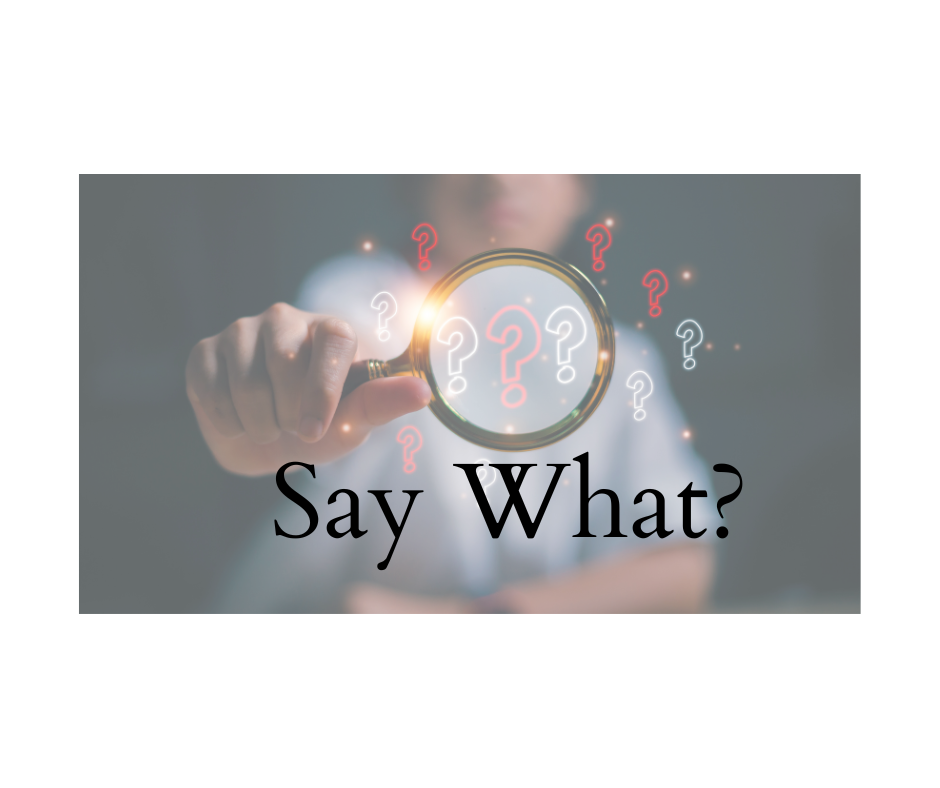Whether or Not You Like This
Contrary what many of us were taught (me included), the word whether doesn’t always have to be followed by or not.
According to Bryan Garner, whether implies or not. So it is perfectly correct to say the following:
- They discussed whether the plans would be suitable.
- I didn’t know whether I should go.
The exception to this, though, is when you use whether to mean “regardless of whether.” In this case, it’s important to include those two little words.
- You can write a check whether or not you have the funds available in your account.
- I’m going on that vacation whether or not it snows.
Don’t get overexcited and pile all those words together. Saying “I want to go regardless of whether or not I have the money” is a bit superfluous. Either leave out the regardless of or leave out the or not.
And while the expression as to whether is one that’s been around a long time, this phrasing is often considered unnecessary. Instead of saying “He doesn’t have the facts as to whether the man was guilty,” just say “He doesn’t have the facts that prove the man was guilty” (or something to that effect).
Whether or not you wanted to read about all this, I hope you’ve learned something. If not, weather it out!








Whether it’s cold, or whether it’s hot, we’re going to have weather, whether or not.
Sorry, just a little rhyme from my childhood.
I really like this post. Well done.
I was taught that ‘whether’ could be used both ways depending on the sentence. Is this flaw in teaching something that came about after I graduated? Or is it that I had better than average English teachers?
I have no idea, but I was never taught either way. And I was surprised you didn’t need to have “or not” in some cases. Just feels as if those words should be there. Or not.
Very clever, and useful. Thanks!